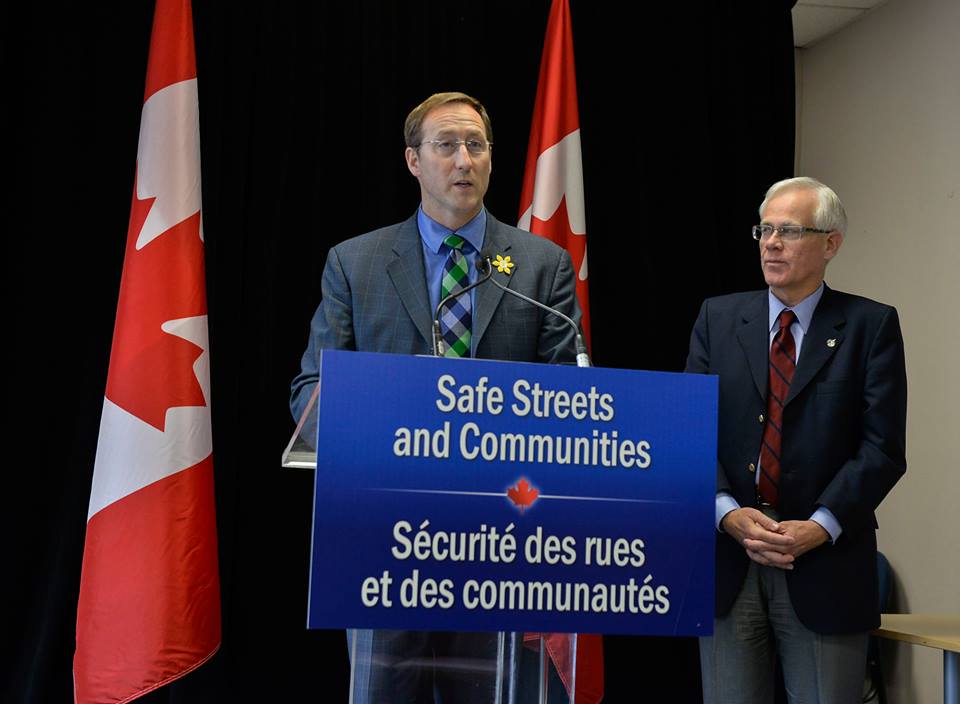
OTTAWA — The Defence Department has spent four years drafting a directive on foreign information-sharing — an ongoing delay that points to internal difficulties fleshing out a federal policy many have condemned as condoning torture.
National Defence is one of five federal agencies covered by a 2010 government framework policy that allows officials to seek and share information from foreign partners, even when it may put someone at risk of brutal treatment.
The Canadian Press reported last month that Defence was refusing to release the full text of a draft ministerial directive intended to spell out how the military would put the framework policy into practice.
The department now says that’s because it is still working on the directive — a process that began as early as 2011.
“The draft ministerial directive has not been signed off by the minister of National Defence,” said Ashley Lemire, a Defence spokeswoman. “Work on the final draft is still ongoing and will be submitted in due course.”
Efforts continue even though a memo from April 2013 — disclosed though the Access to Information Act — shows the chief of the defence staff, Tom Lawson, and then-deputy minister Robert Fonberg presented the draft directive to Peter MacKay, defence minister at the time, recommending MacKay approve it.
The memo includes a section entitled Public Affairs Considerations, but it is completely censored.
The records, obtained by The Canadian Press through the access law, also reveal a draft of the directive was prepared for Rob Nicholson, who succeeded MacKay as minister.
Lemire refused to explain the delay in approving the directive.
The federal policy on foreign information-sharing has drawn pointed criticism from human rights advocates and opposition MPs who say it effectively supports torture, contrary to international law and Canada’s United Nations commitments.
The four-page 2010 framework document, previously released under the access law, says when there is a “substantial risk” that sending information to — or soliciting information from — a foreign agency would result in torture, the matter should be referred to the responsible deputy minister or agency head.
In deciding what to do, the agency head will consider factors including the threat to Canada’s national security and the nature and imminence of the threat; the status of Canada’s relationship with — and the human rights record of — the foreign agency; and the rationale for believing that sharing the information would lead to torture.
The framework applies primarily to sharing with foreign government agencies and militaries, but also with military coalitions, alliances and international organizations.
As of Sunday, Lauren Armstrong, a spokeswoman for Defence Minister Jason Kenney, could not shed additional light on why it has taken four years to draft the directive. However, she said the overarching framework still applies to National Defence.
The framework also covers the Canadian Security Intelligence Service, the RCMP, the Canada Border Services Agency and the Communications Security Establishment, the electronic spy service. Each of these agencies has developed specific instructions for carrying out the policy.
Amnesty International remains concerned the policy takes Canada in the direction of “complicity in torture, rather than firmly and absolutely rejecting torture,” said Alex Neve, secretary general of the organization’s Canadian chapter.
It could be “potentially encouraging” that ministers have been hesitant to sign off on a policy that contravenes Canada’s international obligations, Neve said.
Still, detailed instructions might help prevent actions that encourage or allow torture, he added. “The kinds of safeguards which might minimize violations of international law simply don’t exist.”